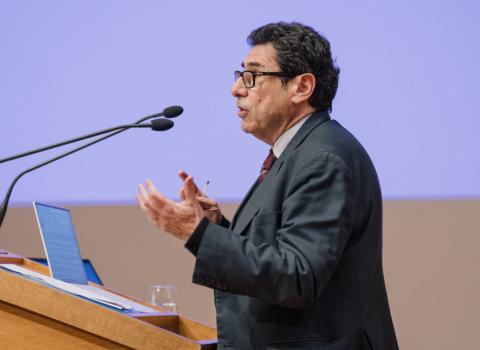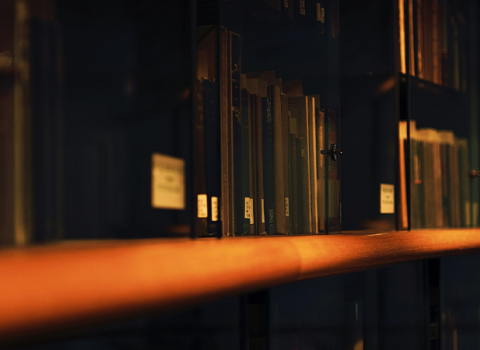As Intel announced it was closing its research laboratory, Cambridge University announced that a US philanthropist is to fund the formation of another. Rather than disruptive computing technologies, the new institute will probe the beginning of the cosmos.
Related article
The researchers at the institute will be on a mission to make major scientific advances in knowledge and understanding of the universe, bringing together scientists from Cambridge’s Institute of Astronomy, the Department of Physics at the Cavendish Laboratory and the Department of Applied Mathematics and Theoretical Physics.
The money is the gift of Fred Kavli who said, “Cambridge has such a stellar record of making fundamental discoveries in science throughout the ages and, with its traditions of excellence and leading-edge science teams, I have great hope that the Kavli Institute for Cosmology at Cambridge will make major discoveries in the future.”
The Institute will focus on the physics of the early universe. Scientists believe that the universe was formed in a Big Bang many billions of years ago in a dense primordial soup of matter and energy and rapidly expanded thereafter. The physics of those first minutes after creation is a subject of intense study, and the institute will continue probing some of the big open questions in cosmology, such as how fast did the universe expand, and how did the first stars and galaxies evolve?
The new institute will enable theoretical, experimental and observational cosmologists to work together on new projects using state-of-the-art facilities, including giant telescopes and space satellites. It will form part of an international network of Kavli Foundation-funded research centres at other universities around the world, collaborating with its sister centres in China and the US.
This is the first time that the foundation, set up by Kavli in 2000, has established an institute in the UK.
Academic staff will be seconded to the Kavli Institute from the three departments to work on projects of typically five years duration. It is anticipated that up to 50 academic staff will be involved.
The institute will also work to promote the public understanding of science, by organising public lectures, scientific symposia and other outreach activities.





 A unique international forum for public research organisations and companies to connect their external engagement with strategic interests around their R&D system.
A unique international forum for public research organisations and companies to connect their external engagement with strategic interests around their R&D system.